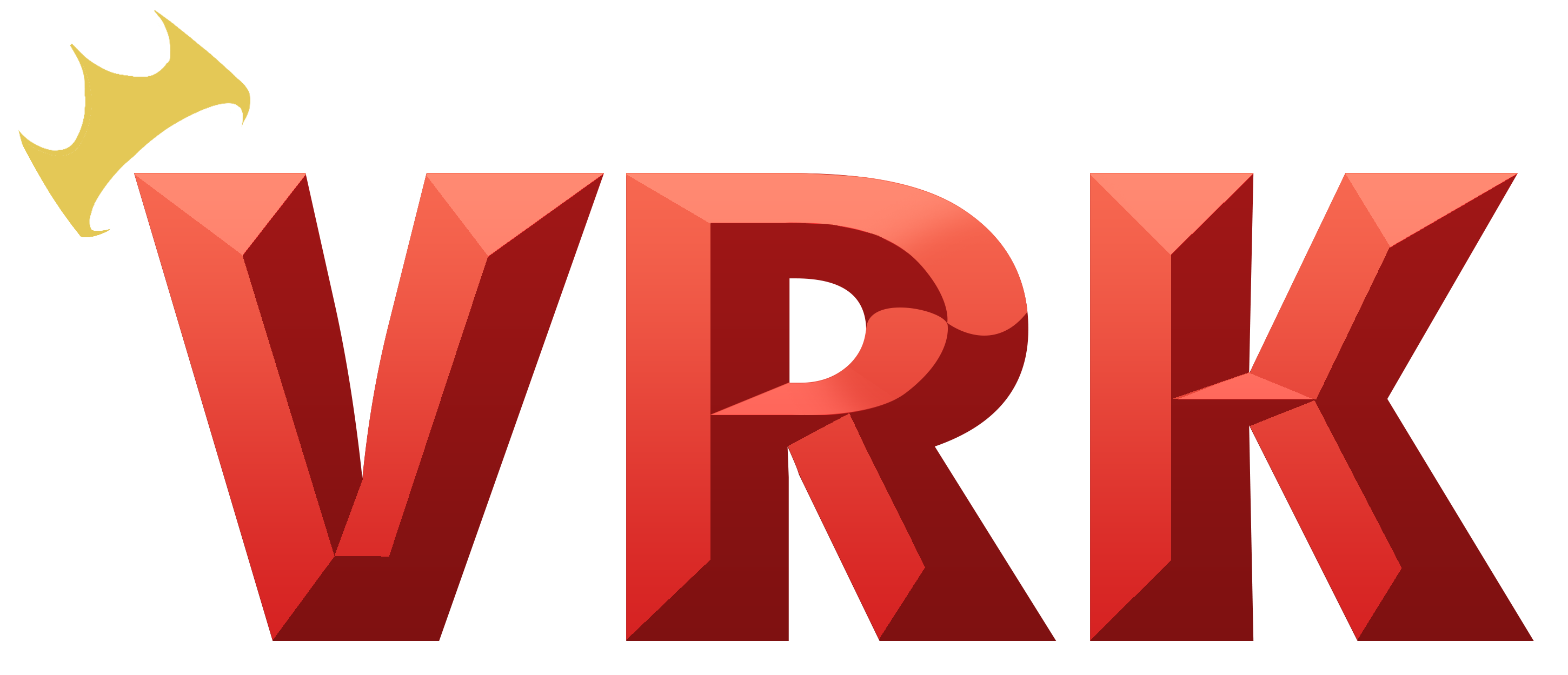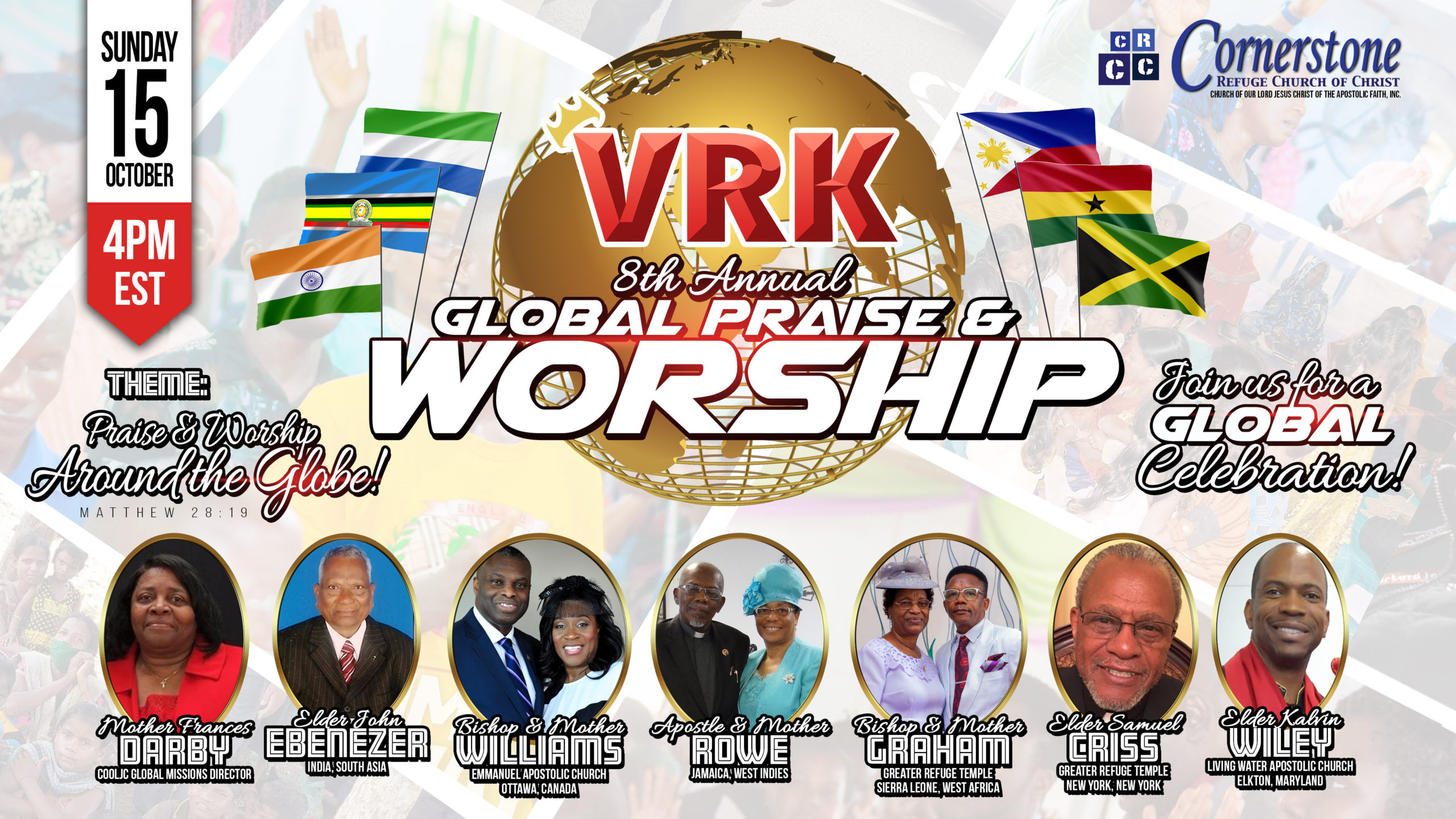Africa
The Republic of Sierra Leone is a country located in Western Africa. Since gaining independence from former colonial power Great Britiain in 1961, the country’s history has been rather turbulent. A cruel civil war that lasted from 1991 until early 2002 cost thousands of lives and resulted in the displacement of more than two million people – about one third of the country’s population. Although Sierra Leone is one of the poorest countries in Africa, its soil is home to ample resources. The country is extremely rich in diamonds, gold, cocoa, coffee and bauxite.
Despite significant natural wealth, Sierra Leone remains one of the poorest countries in the world: around 80 per cent of its population live in crippling poverty. Semi-arid rural areas tend to be more affected than the urban centers of the country. Economic recovery has been going fairly slowly and a major part of the country’s GDP is coming from international donors.
- The average Sierra Leonean can expect to live to 48 years, one of the lowest life expectancy figures in the entire world.
- Nearly half the population is severely undernourished as regular access to food and drinking water remains scarce.
- HIV/AIDS remains a persisting public health issue in Sierra Leone, a country that is home to 49,000 people who suffer from the disease. Although noticeable progress has been made over recent years, HIV continues to be a significant problem in rural areas which are generally more affected than urban centers.
He that hath pity upon the poor lendeth unto the Lord; and that which he hath given will be pay him again.
He that hath a bountiful eye shall be blessed; for he giveth of his bread to the poor.
He that giveth unto the poor shall not lack: but he that hideth his eyes shall have many a curse.


